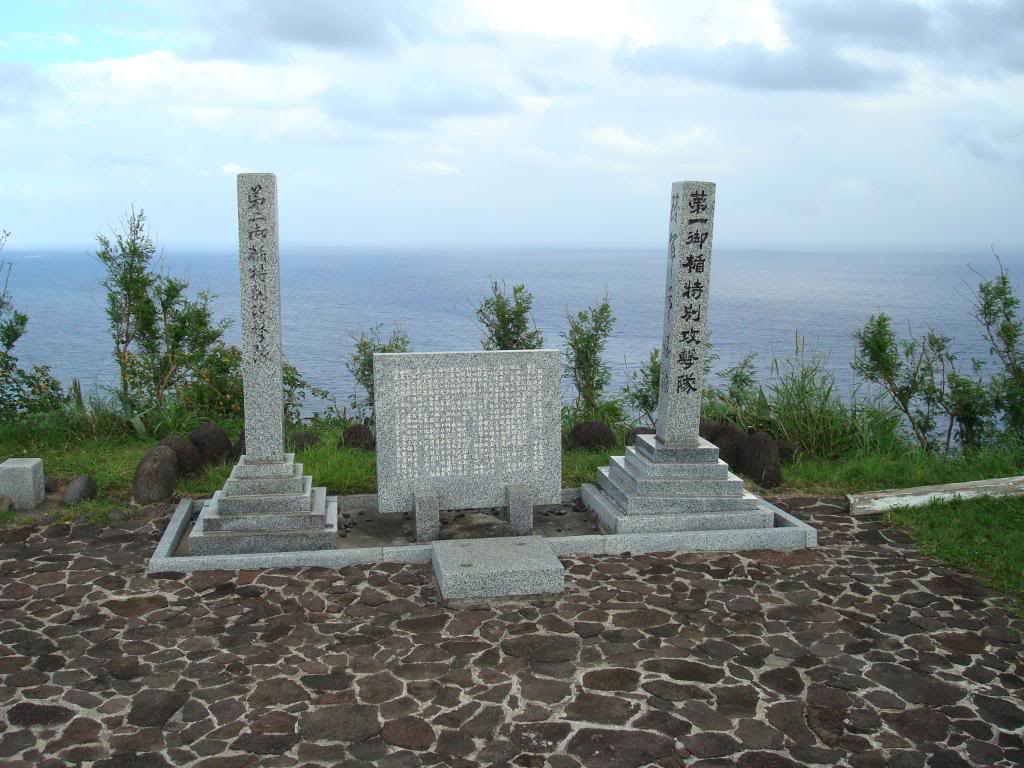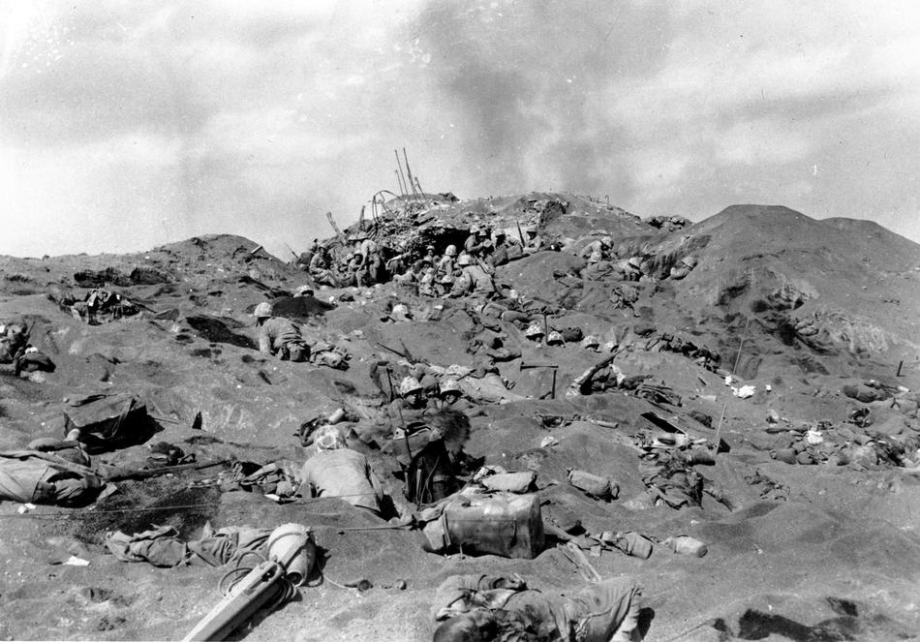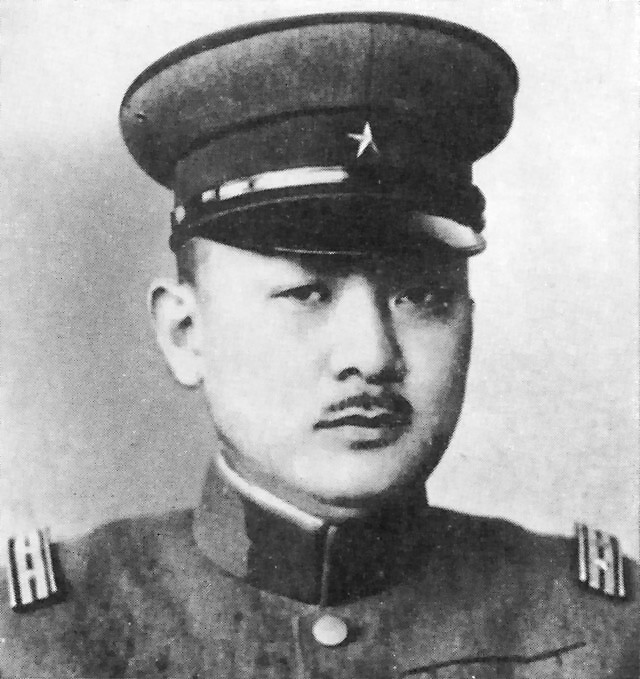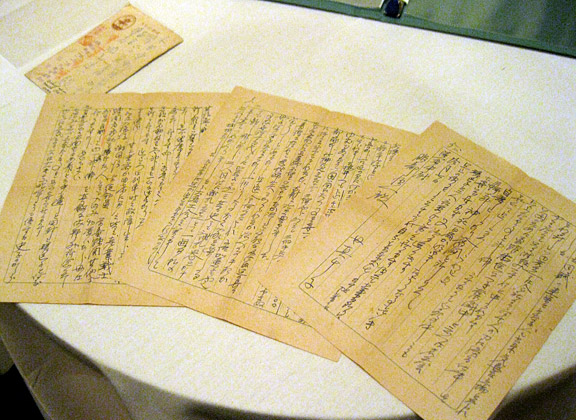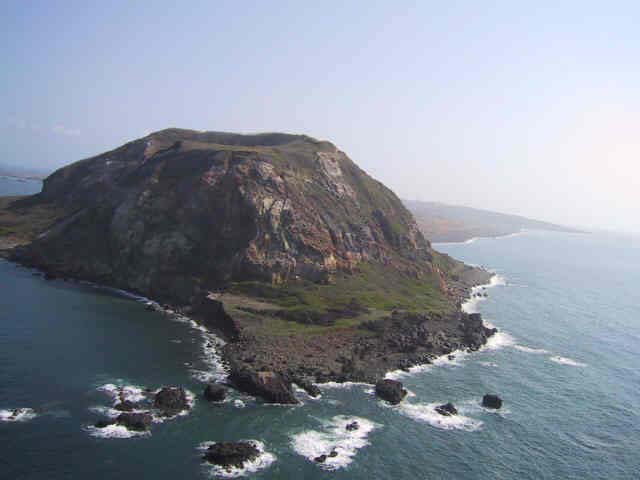Japanese Perspectives
The Japanese army shared a perspective with the American soldiers of Iwo Jima: it was a living hell. The Japanese plan was to stall the American forces and drag out the battle. As a result there were very few survivors - an estimated 1000 out of the original force of approximately 20000. The battle of Iwo Jima was led by General Tadamichi Kuribayashi, and it is through his letters and those of the other soldiers that much of the Japanese perspective at the time has been preserved.
General Tadamichi Kuribayashi
As early as June 25th 1944, nearly 8 months before the official beginning of the battle, he wrote a letter to his family to say goodbye. He wrote that he would send back most of his personal possessions as keepsakes since it seemed unlikely to him that his remains would be able to be sent home. Even very early on in his time at Iwo Jima Kuribayashi knew that he, and many others, would likely die.
Source
Kakehashi, Kumiko. So sad to fall in battle: an account of war. New York: Presidio Press/Ballantine Books, 2007. xi-21.
Letters Home
It was common for Japanese soldiers to send letters home to their family during the war. Typically,
these farewell letters would maintain some form of formality even towards the
soldiers own family and be relatively short. For example, Yoshida Mitsuru who
served on the battleship Yamato would take on an apologetic tone in his final
letter, wishing he could properly thank his parents for what they gave him
before telling them not to grieve his passing.
In
Kuribayashi's letters however, he drops some of this formality and
openly talks
about some of the things he regrets being unable to do for his family and how
he wishes for his children to grow up well. In his later letters Kuribayashi
would repeatedly bring up his concerns for his family's well-being from
everyday things like taking hot baths to housework such as fixing a draft (he
even sent diagrams on how he would have done it if he had the time before
leaving). In all of his letters he would include advice for his family. While on Iwo Jima, Kuribayashi encouraged his soldiers to write home as well, and the more familiar style of Kuribayashi can be seen in their letters as well.
Source
Kakehashi, Kumiko. So sad to fall in battle: an account of war. New York: Presidio Press/Ballantine Books, 2007.
The Soldier's Experience
General Kuribayashi was a very significant figure at Iwo Jima, both before the battle and during, but what were the experiences of the soldiers around him? Of course as mentioned previously, he would repeatedly encourage his soldiers to write letters. In addition as the general in charge of the Japanese forces it is to be expected that he would play some role in the experiences that the soldiers had.
For the most part it seems as though soldiers thought of Kuribayashi as strict and hard-working. Some would see this as a positive as they would recognize him as a kind man that is loyal to the Emporer, but others would get exhausted by the constant work. One example are the tunnel engineers who were forced to work constantly every day of the week in shifts.
Another aspect of Kuribayashi that would affect the lives of many soldiers was his selflessness. Two survivors, Colonel Asaeda Shigeharu and Major Komoto Kumeji wrote about tales of Kuribayashi sharing gifts he had received with the lower rank soldiers who would usually get nothing. From cigarettes to food or even just some of his time, Kuribayashi would share what he could to keep the soldiers happy.
Aside from experiences with General Kuribayashi, the conditions the soldiers had to live in on Iwo Jima were less than desireable. According to Private Kiichi Abe life on the island was somewhat peaceful or even pleasant early on when the Japanese had control over the air and sea, but later in June when Kuribayashi would arrive things had already taken a turn for the worse. In early letters from Kuribayashi he writes about air raids meaning that even months before the official start of the battle life on Iwo Jima was dangerous. Kuribayashi as well as other soldiers would also write about the awful conditions on Iwo Jima with complaints about the lack of water, suitable living space, and plethora of bugs.
Source
Kakehashi, Kumiko. So sad to fall in battle: an account of war. New York: Presidio Press/Ballantine Books, 2007. 7-8, 27-33, 133-147.
King, Dan, and Linda Ryan. A tomb called Iwo Jima : firsthand accounts from Japanese survivors. Fate, TX North Charleston, SC: Dan King,Printed in the United States by CreateSpace, 2015. [Kindle Unlimited Version]. Retrieved from Amazon.com. https://www.amazon.com/Tomb-Called-Iwo-Jima-ebook/dp/B00PFBQYK4
Memory of Iwo Jima
In the post-war period there are several complications for how the Battle of Iwo Jima is remembered. There were very few survivors from that battle and the island was under US control until 1968. In addition some of the letters by General Kuribayashi that were published in newspapers at the time were edited - removing mentions of how ill-equipped the Japanese were, how brave his soldiers were, and how sad it was for his soldiers to fall.
After the war, Iwo Jima was not strongly remembered by the Japanese. The Battle of Iwo Jima is generally obscured behind the numerous other events of 1945 - namely the nuclear bombing of Hiroshima and Nagasaki and the air raids that began in March of that year. In contrast, the event is remembered strongly in the United States. It is no wonder after hearing the praise American generals gave to General Kuribayashi that Iwo Jima would be remembered, but for the Japanese it was just a small part of the destruction that they experienced at the time.
In modern times, Iwo Jima is regarded as sacred ground by many Japanese who lost family members on the island. There is an annual reunion to commemorate and pay respect to the lives of the soldiers lost on Iwo Jima, both American and Japanese.
For the 70th anniversary in 2015 only a single Japanese veteran attended: Tsuruji Akikusa. He was denied the ability to attend with the Japanese contingent by the Japanese Iwo Jima Association, but was able to go thanks to US veterans who believed that he not only deserved to go, but should be making a speech as well. Although he remembers the war as "living hell" he also calls the island his "second home" and says that he will never forget what happened there. Like many other war veterans, Akikusa also feels guilt as one of the few survivors while so many around him died. To this day he feels sad and is troubled by what happened on Iwo Jima.
Source
Carney, Matt. "Battle for Iwo Jima in WWII Remembered 70 Years on." ABC News. Australian Broadcasting Corporation, 28 Mar. 2015. Web. https://www.abc.net.au/news/2015-03-27/battle-for-iwo-jima-in-wwii-remembered-70-years-on/6354688
Dower, John W. "Lessons from Iwo Jima." Lessons from Iwo Jima ' AHA. American Historical Association, Spet. 2007. Web. https://www.historians.org/publications-and-directories/perspectives-on-history/september-2007/lessons-from-iwo-jima
Kakehashi, Kumiko. So sad to fall in battle: an account of war. New York: Presidio Press/Ballantine Books, 2007. xi-xxv.
McCurry, Justin. "No room for 'snubbed' Japanese war veteran at Iwo Jima memorial service." The Guardian. Guardian News and Media, 30 Mar. 2015. Web.
